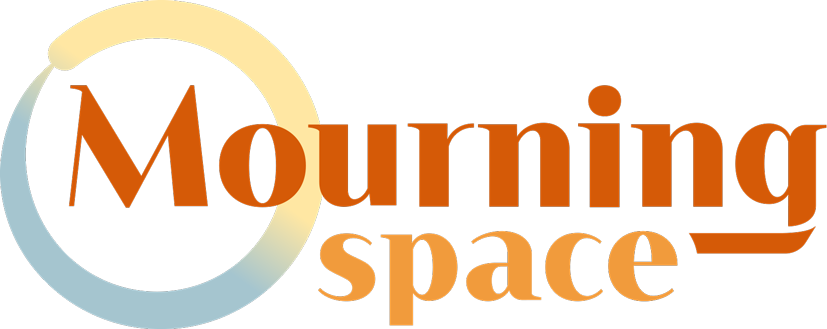Anticipatory Grief
A Note on the Space Between
Grief comes up in conversation more than you realize, but the more you hang out with me, the more you will start to notice your friends sharing their experience and hoping someone hears them. You will start to pick up on what people are saying - sometimes plainly and sometimes with a short, significant statement. Maybe one like…“my mother has dementia.”
When I think about what I am trying to do here, it’s really two things - first, I want to educate and second, I want to be one person out of many to talk plainly of these things, so more people feel confident to have similar conversations in our own lives. I want to encourage people to cultivate a common language around grief, so we don’t struggle as hard - not eliminate struggle but support each other through the process.
One of the ways grief might pop up unexpectedly is anticipatory grief…
Anticipatory Grief vs. Conventional Grief: What’s the Difference?
Think of conventional grief as “grieving backward,” says Werner-Lin—mourning a loss that has already happened. Anticipatory grief is forward-looking. We’re grieving “what we still believe we might lose,” she says.
-Marissa Conrad, Forbes Health
Sometimes, what we are anticipating never happens - but often it does. We experience this when we know we are going to lose someone or something that carries meaning for us; a partner, a business relationship, a pet…or a loved one that is approaching or in the final stages of life. This can also be seen in a person that is dying, as they grieve the eventuality of their own demise.
There is this space between having and not having, a space where we play the future out as a way to practice how we may show up when the loss occurs. Will we be stoic, a mess, wistful, or rage? And what do we do now? How can we show up before the loss happens, or what must we do to minimize regret?
It is an introspective period and has the potential to be useful. It can be a road we want to navigate alone, but it may also be a time we speak our truth and see if anyone listens or validates our situation.
So - if your friend says to you “my mother has dementia,” what might you say in response? Now let me caution you, by speaking up you are voluntarily entering a minefield, but it is the job of us grief warriors (as I am calling us likeminded people) to bravely step up anyway. Risking offense in pursuit of kindness and compassion is worth it, in my opinion. And in this moment, open-ended questions are your friend!
Do you want to talk about it? How are you feeling? How can I support you?
Do you want to share something about your mother with me?
And then, you listen. You give advice if asked, but your real job is to bear witness to your friend’s grief. Give them, and their mother, the gift of significance as my friend Bruce Goddard likes to say. Acknowledge that this space between is an emotional place, full of the unknown, and that you showing up brings light to places that may feel dark.
And if you are feeling anticipatory grief, about anything at all, know you are doing what people do - it is real, it is valid, and is yours.

